Volkswagen Taigun breaks cover, launch around festive season
With four SUVs planned for India this year, Volkswagen will finally have a wide-ranging portfolio in the class, but it is the Taigun that will lead the assault from the front as an entry-point into the brand’s SUVW strategy.
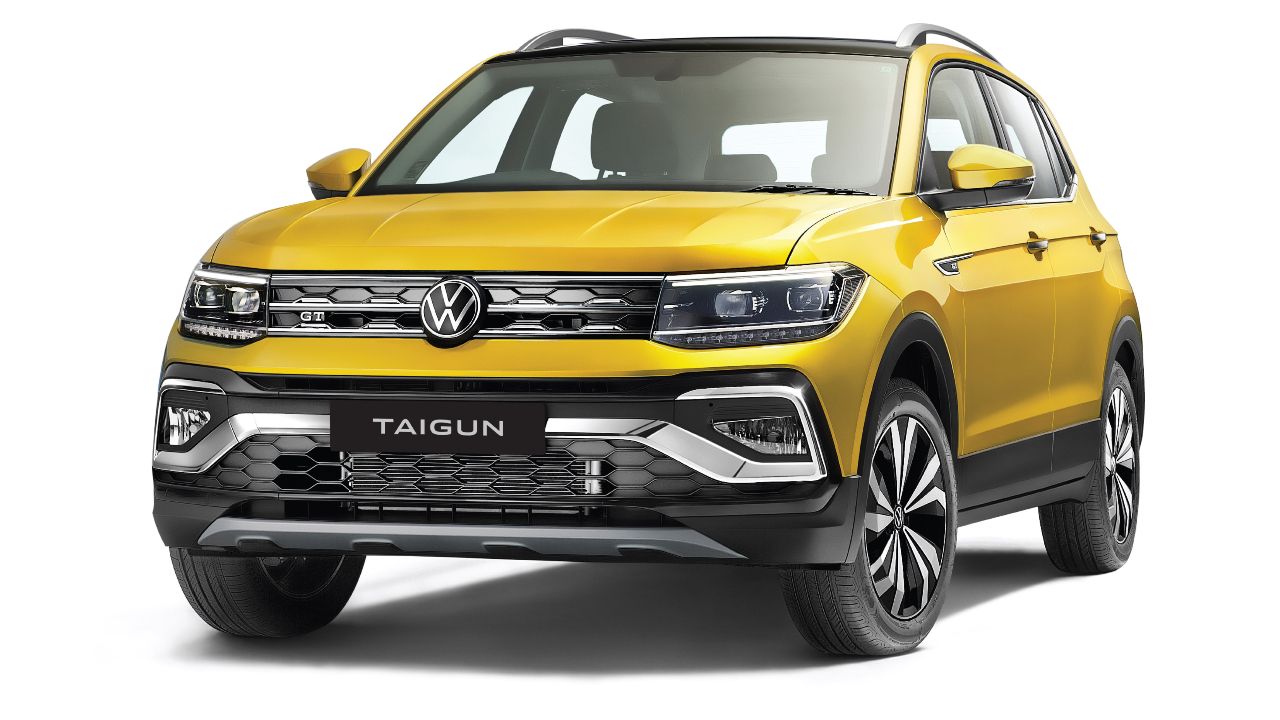
With four SUVs planned for India this year, Volkswagen will finally have a wide-ranging portfolio in the class, but it is the Taigun that will lead the assault from the front as an entry-point into the brand’s SUVW strategy
Volkswagen has finally taken up the challenge and is all set to offer an expansive range of SUVs in India this year. While the T-Roc and the Tiguan All-space have been on sale since last year, the 5-seater Tiguan is all set to make a comeback too. While all these SUVs will play their part, the Taigun will be at the heart of all the action and could be a huge contributor in meeting the carmaker’s future growth targets.
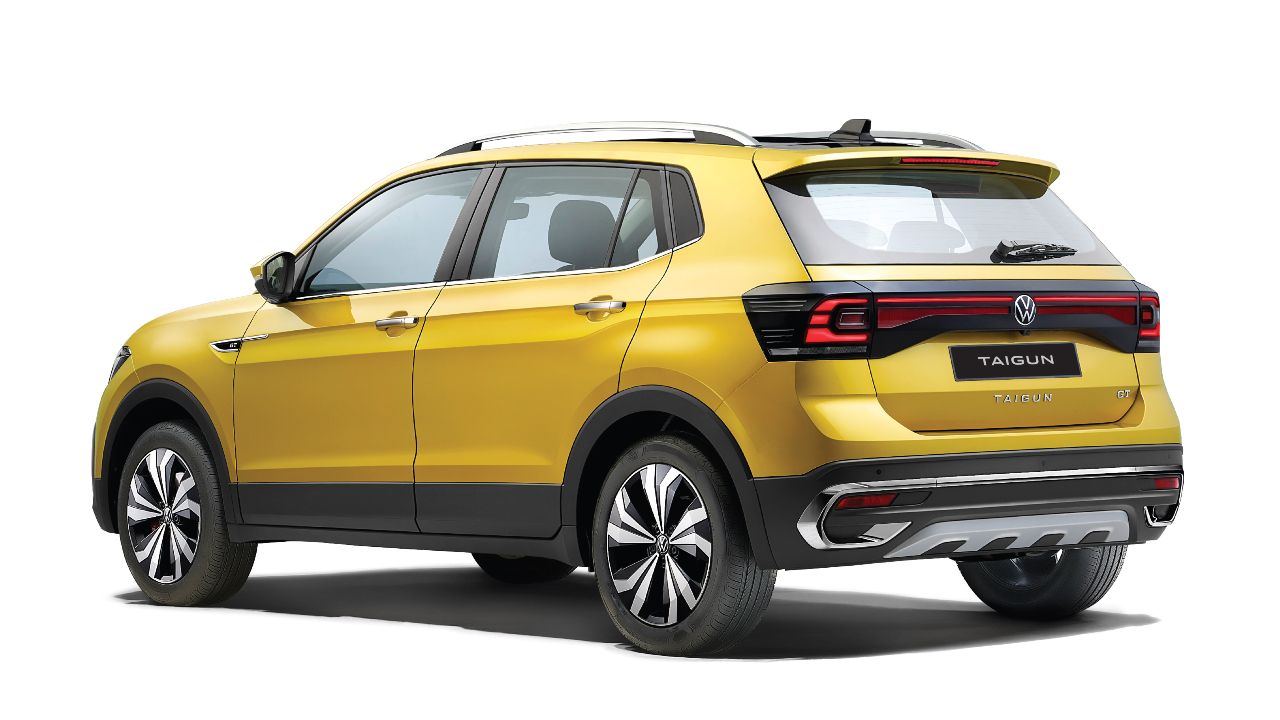
Design deliberation:
With the brand’s future prospects riding heavily on the Taigun, Volkswagen has played it safe in the design department. The near-production version that you see in these pictures looks identical to the Concept that was showcased at the Auto Expo 2020. As you’d expect from a car that wears the VW badge, it flaunts a rather uncluttered design language. At the front, it gets a rather straightforward three-slat grille with a honeycomb mesh pattern. The large horizontally stacked LED projector headlamps and DRLs also add to the tidy semblance. In line with the market demand, the Taigun gets chrome accents on the front bumper – an element that I’m personally not a huge fan of. The Taigun’s relation with the Skoda Kushaq becomes rather evident when you look at it from the side. The glasshouse, as well as the shoulder lines, look identical on both cars. Just like the Kushaq, the Taigun also gets body cladding on the doors and wheel arches, but they are a bit sharper in the Czech offering. Around the back is where things are noticeably different. The gloss black applique that runs along the width of the tailgate along with the integrated taillights makes the Taigun feel tall and upright. And the chrome accents on the rear bumper and the faux skid plate work well in giving the car a slightly rugged stance.
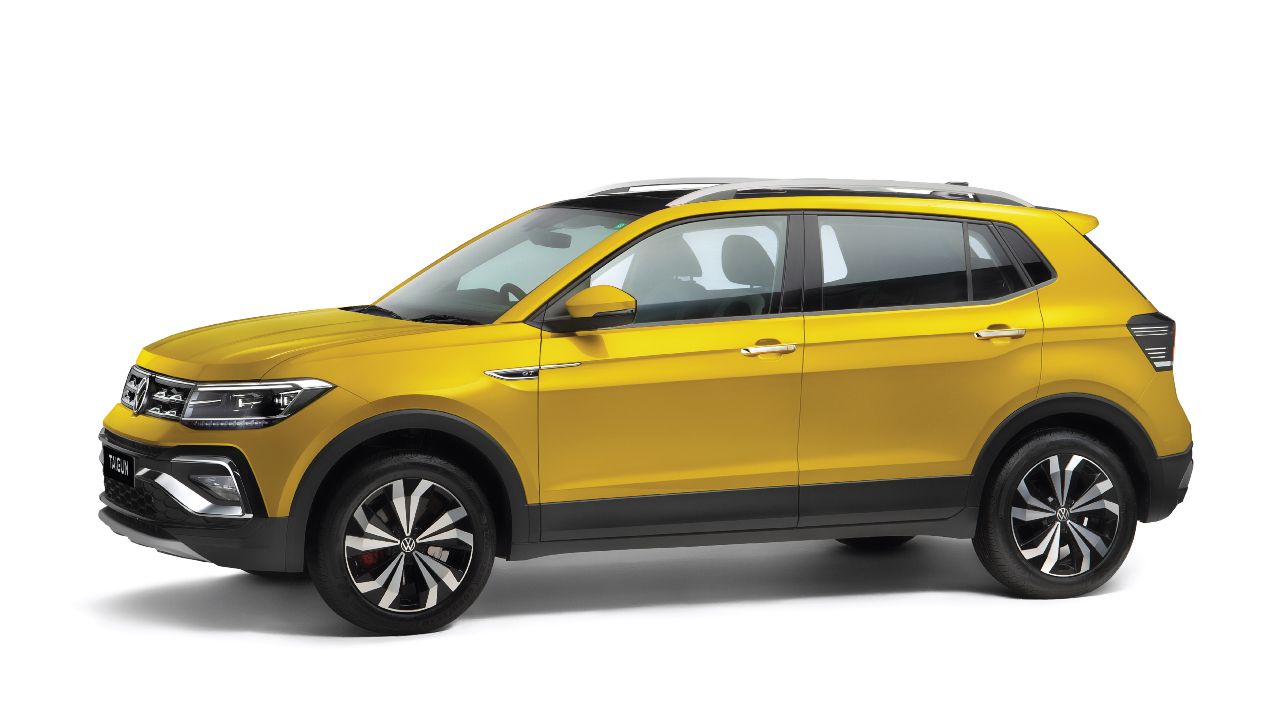
Size Matters:
Although Volkswagen hasn’t shared the exact dimensions of the Taigun as yet, it is safe to assume that they will be more or less similar to the Kushaq. Just like the Skoda, this one too has shorter overhangs that make it noticeably smaller than other cars in the class. The wheelbase, however, will be longer than most of the competitors. Unlike the cars that are based on the PQ platform, Volkswagen seems to have worked on customer feedback to considerably reduce the size of the transmission hump at the back. Needless to say, this makes a little bit more foot room for the third passenger at the back. Moving on to the front, the Taigun gets a multi-layered dash with a large 10-inch touchscreen infotainment screen in the centre – lower variants are expected to come with a smaller unit. While the Kushaq that was unveiled last week only came fitted with semi-digital instrumentation, the Taigun gets the all-digital virtual cockpit just like some of the other VW group cars. A flat-bottom steering wheel will be offered as standard across all trims.
As far as features go, the Taigun will come with a touchpad for climate control, a sunroof, wireless charging and connected tech, cruise control, reverse parking camera and more.
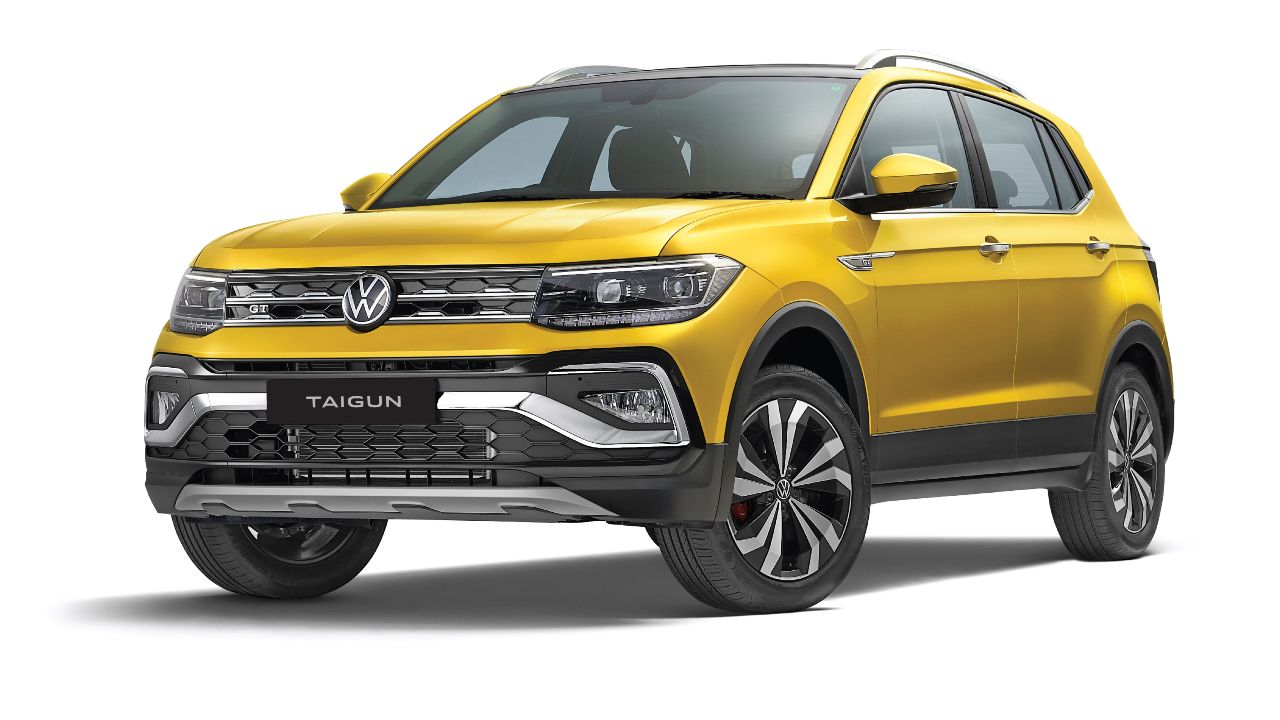
Familiar heart:
The Taigun will be offered with two turbo petrol engine options – there will be no diesel motor on offer. Lower spec models will get the same 1.0 TSI that we’ve already experienced in the 2020 Polo. In this car, however, it will make marginally more power at 114bhp. Torque rating will remain unchanged at 175Nm. The Taigun makes a little more power than the Renault Duster 1.5 and more torque than the Hyundai Creta and Kia Seltos with the 1.5-litre heart. Higher variants will also come powered by a 1.5 TSI from the T-Roc, and it will be offered in the same 148bhp and 175Nm state of tune. These variants also have a marginal edge in the power and torque figures. Volkswagen will offer both engine options with a 6-speed manual. While the 1.0 TSI will get a 6-speed torque converter, the 1.5 TSI will come paired with a 7-speed DSG. Volkswagen claims that the Taigun’s MQB A0 IN platform is 30% more rigid than the PQ platform, which means it will drive a typical Volkswagen.
What to expect?
Volkswagen Group has heavily localised the MQB platform for Indian products, and with that in mind expect the Taigun to be priced very competitively. In fact, the 1.0 TSI will be locally produced so expect the lower trims to offer tremendous value. The Taigun will be launched in the Indian market around the festive season later in the year. When launched, expect it to be priced around the Rs 9-15 lakh mark.
Also Read:
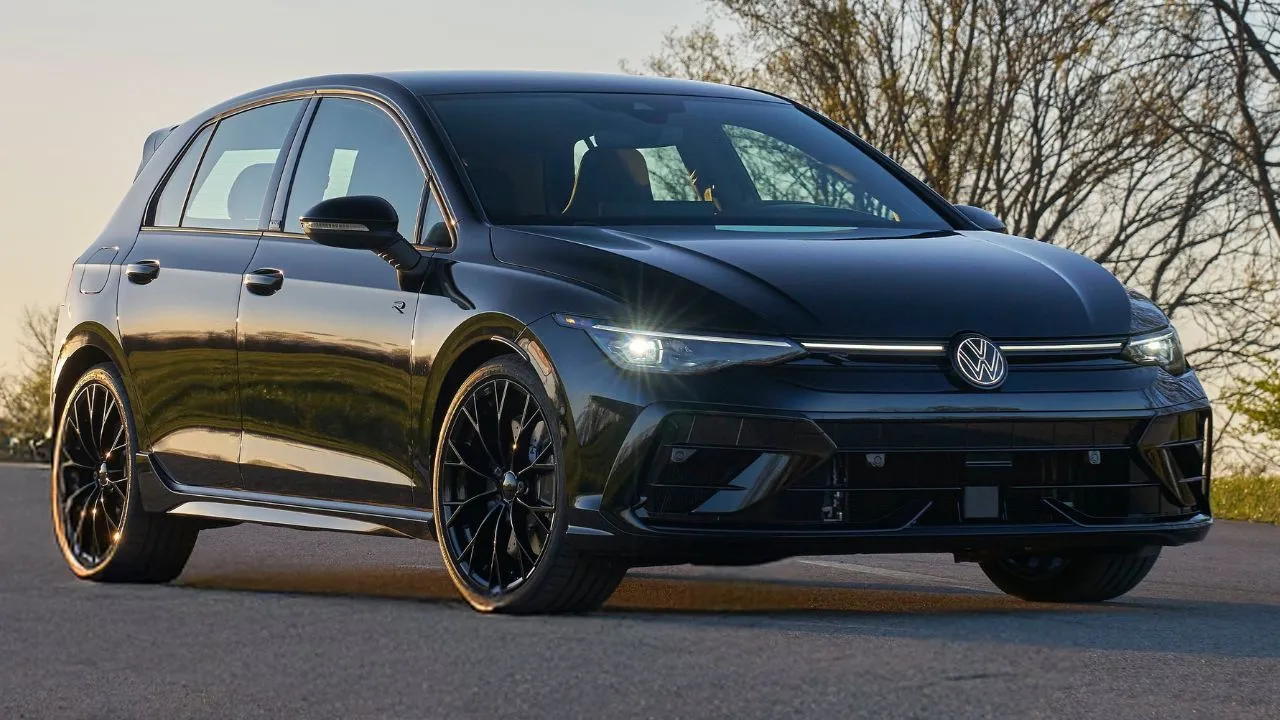
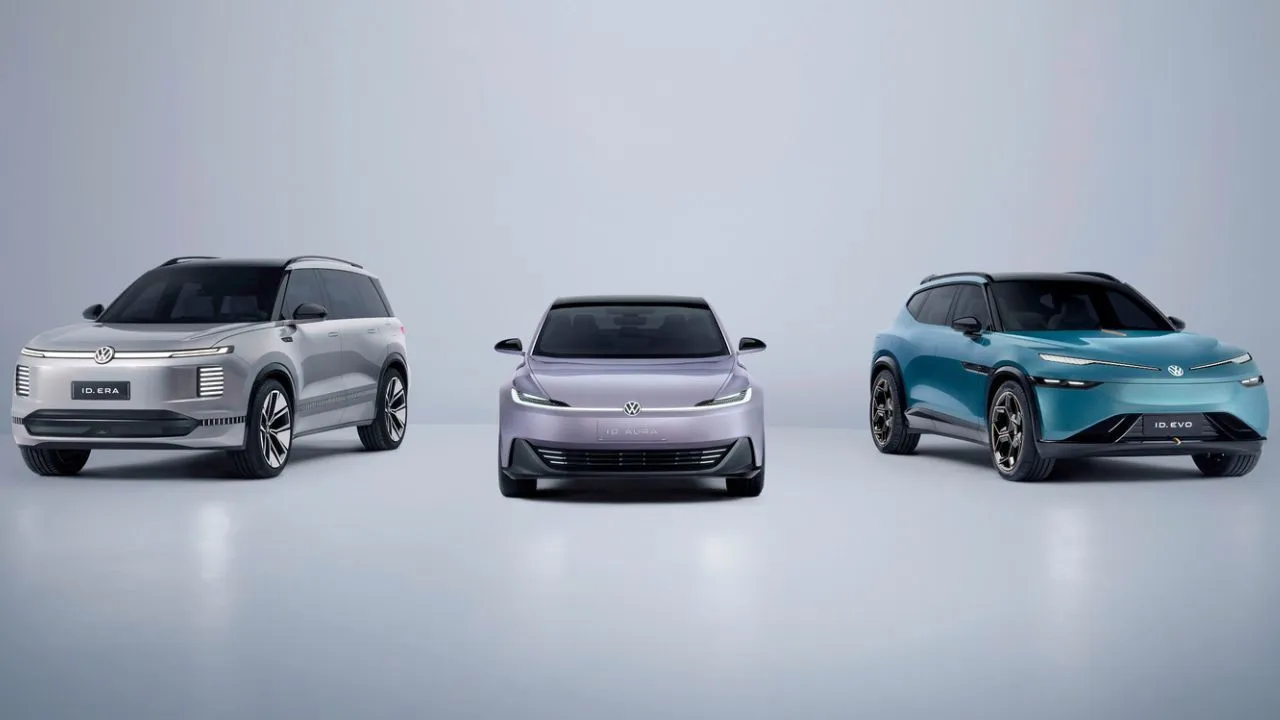
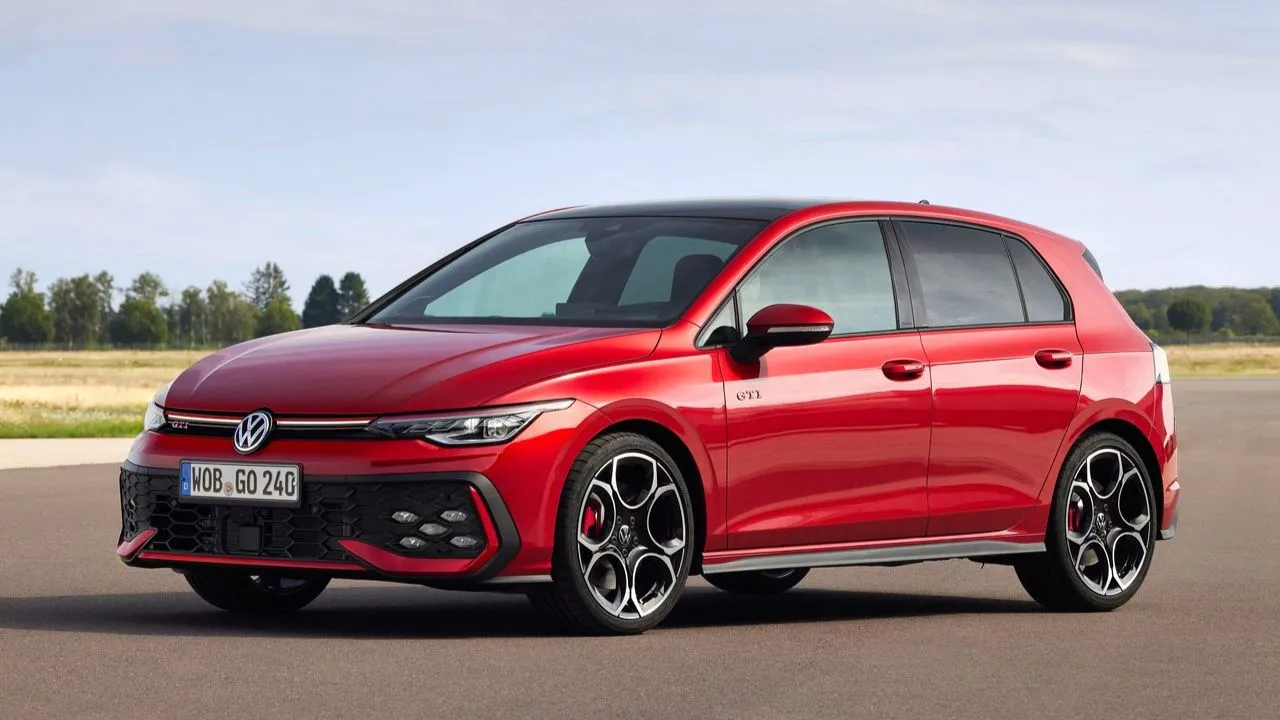
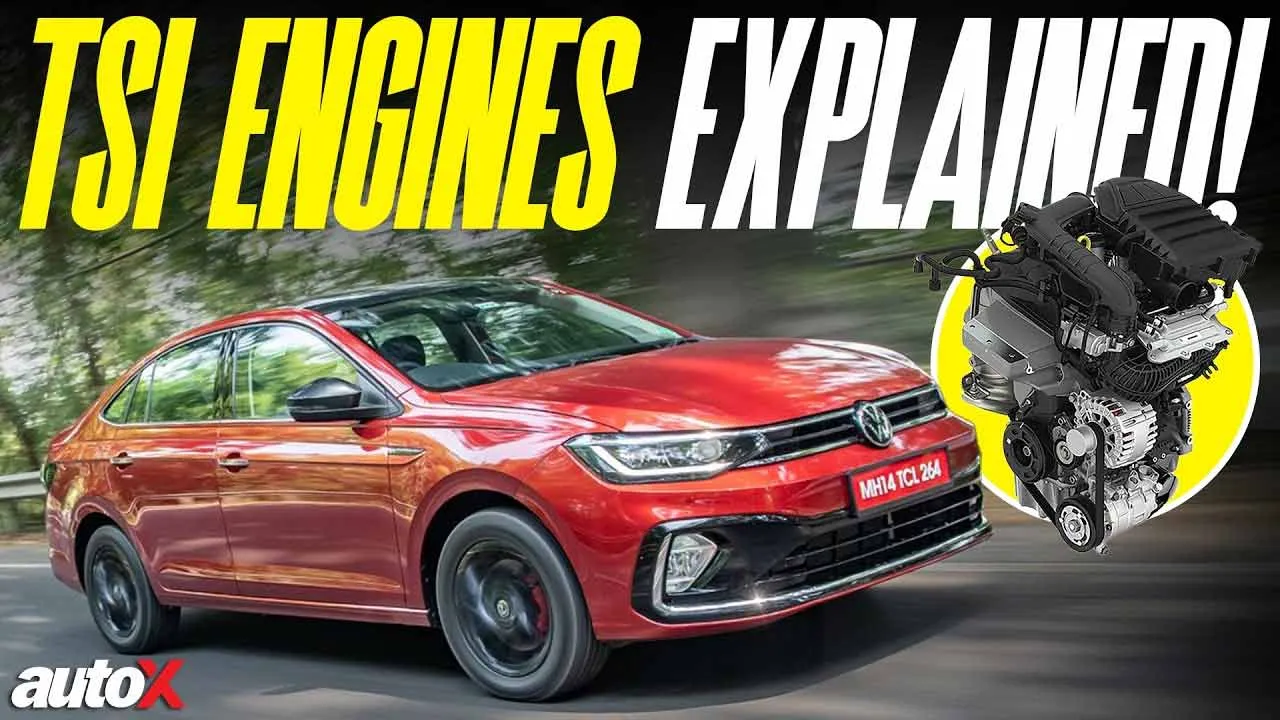
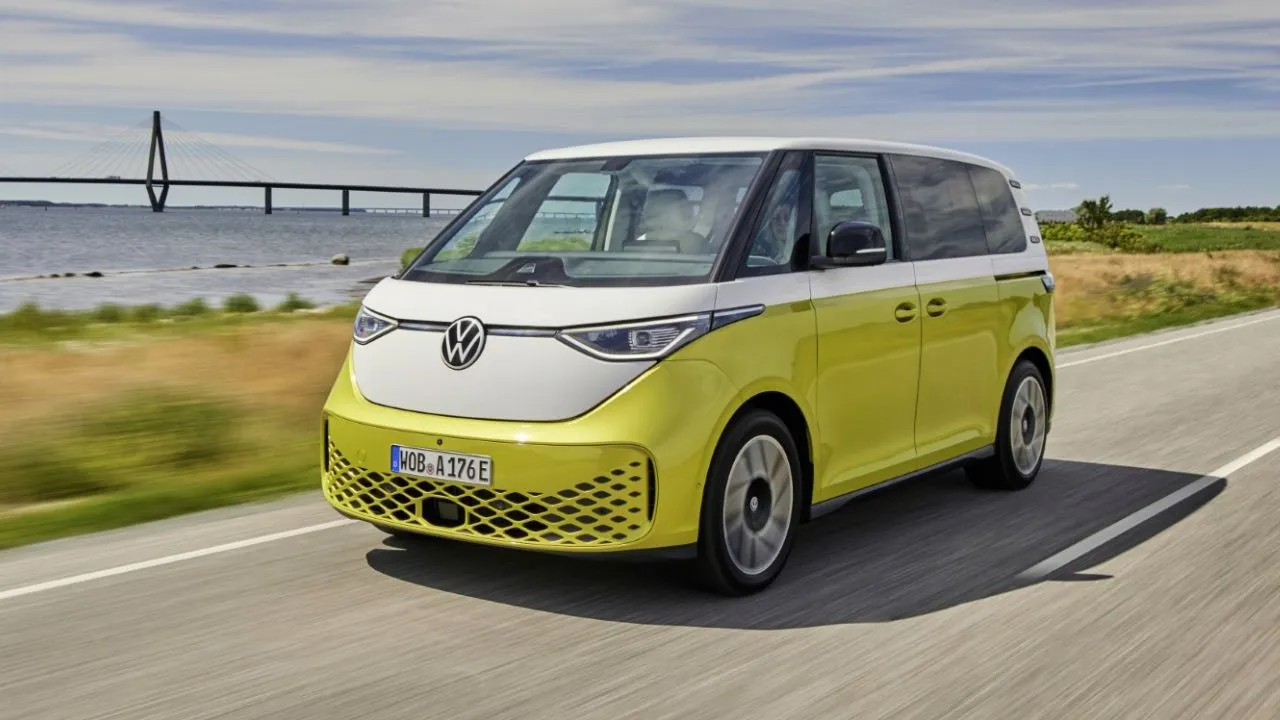
.webp)
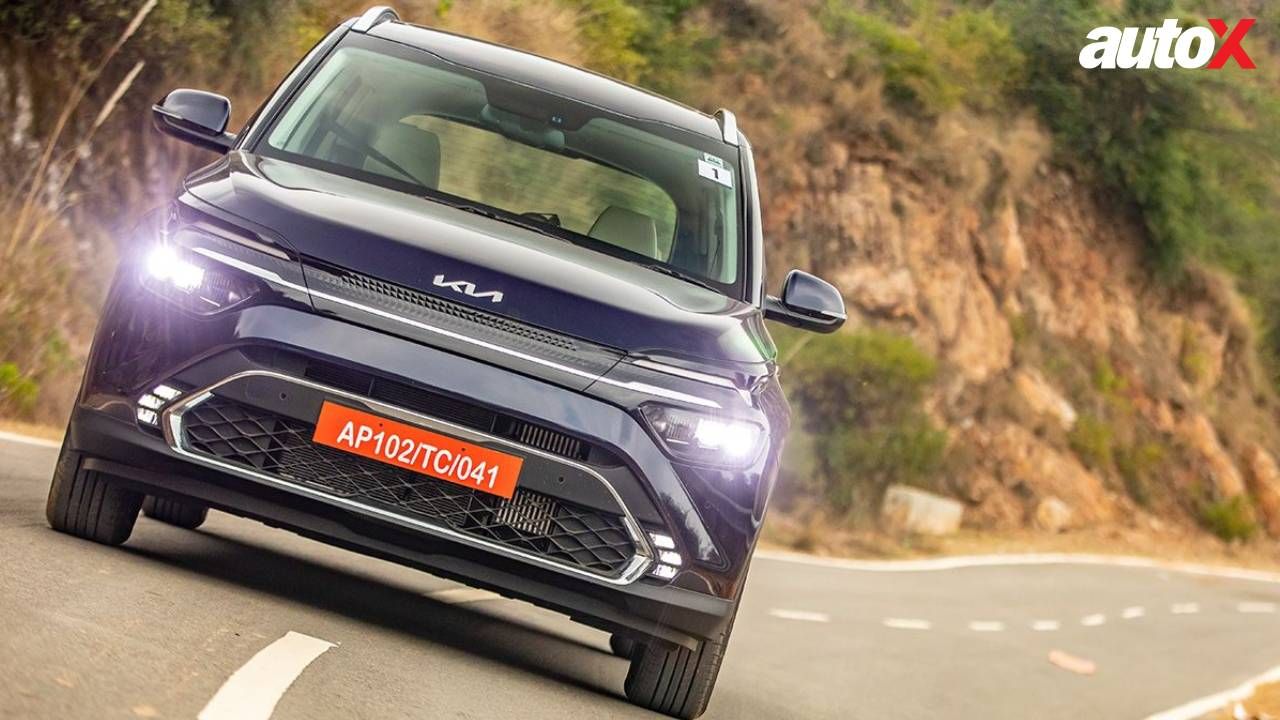
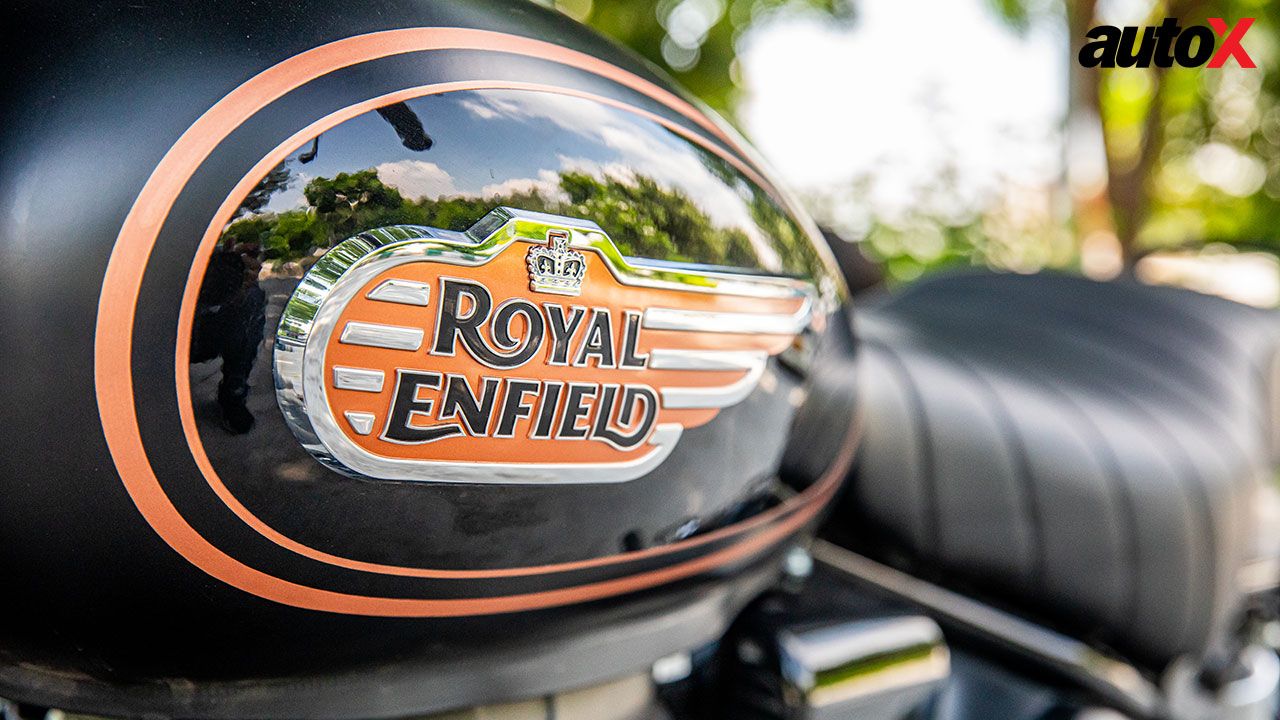
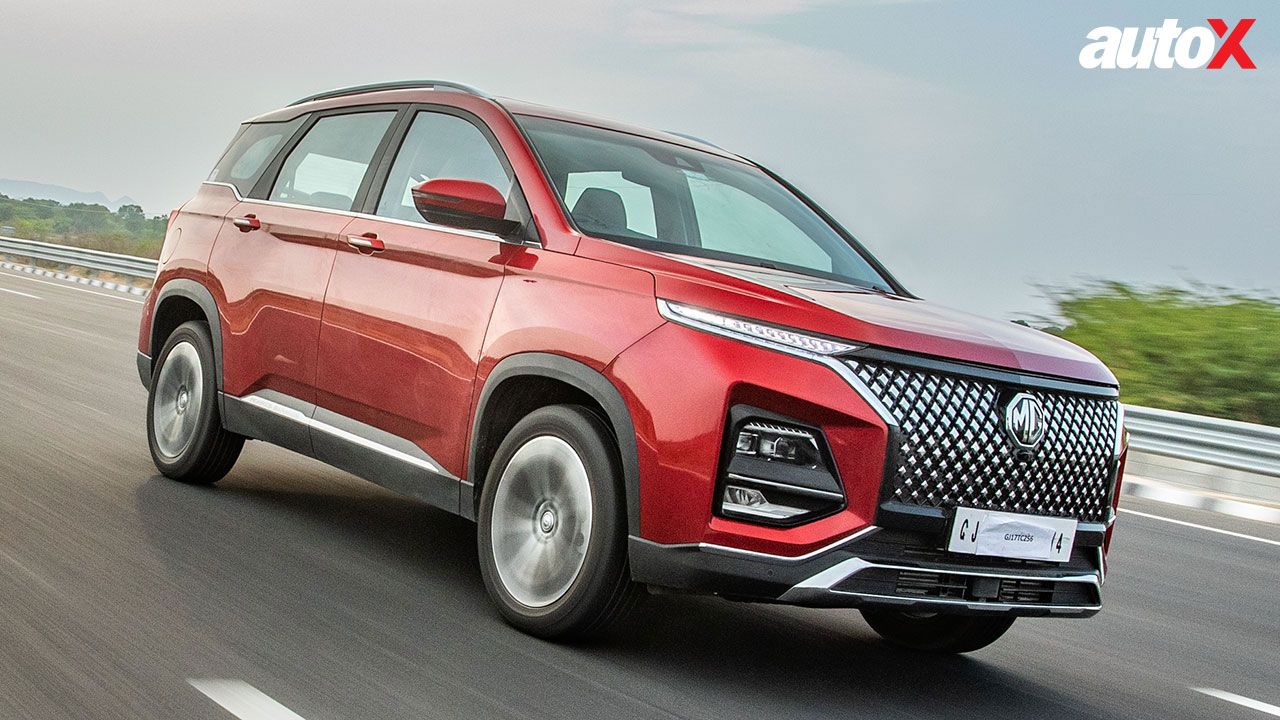
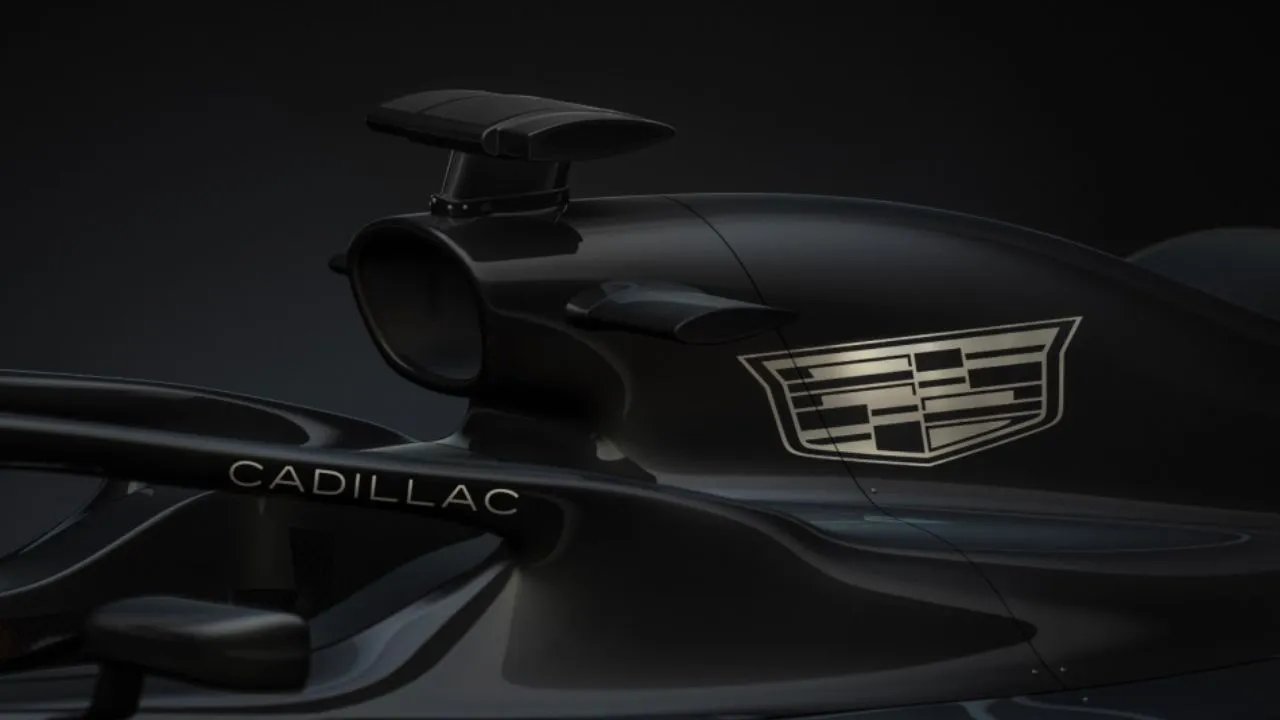

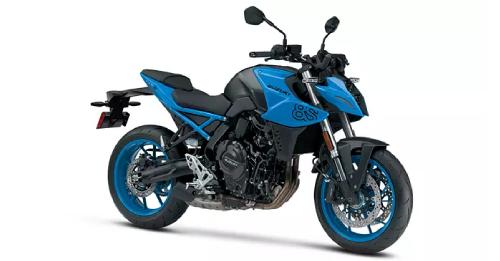
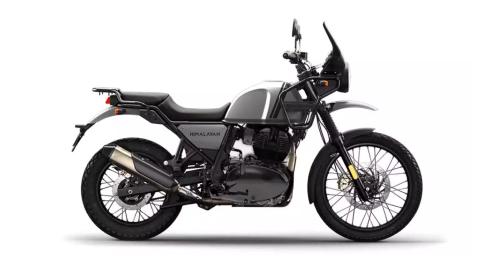
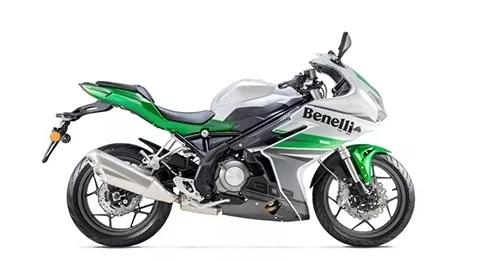
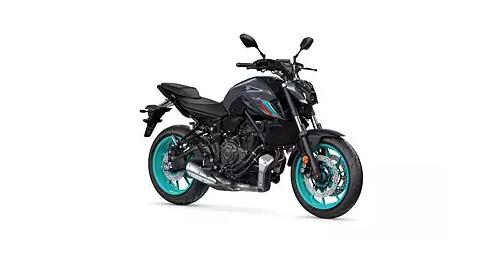
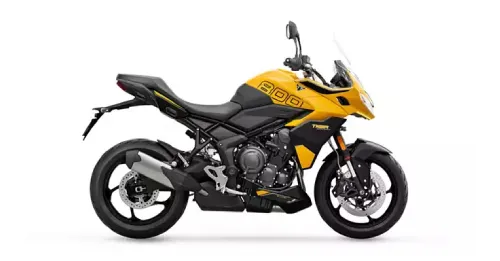






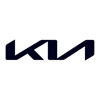







Write your Comment on